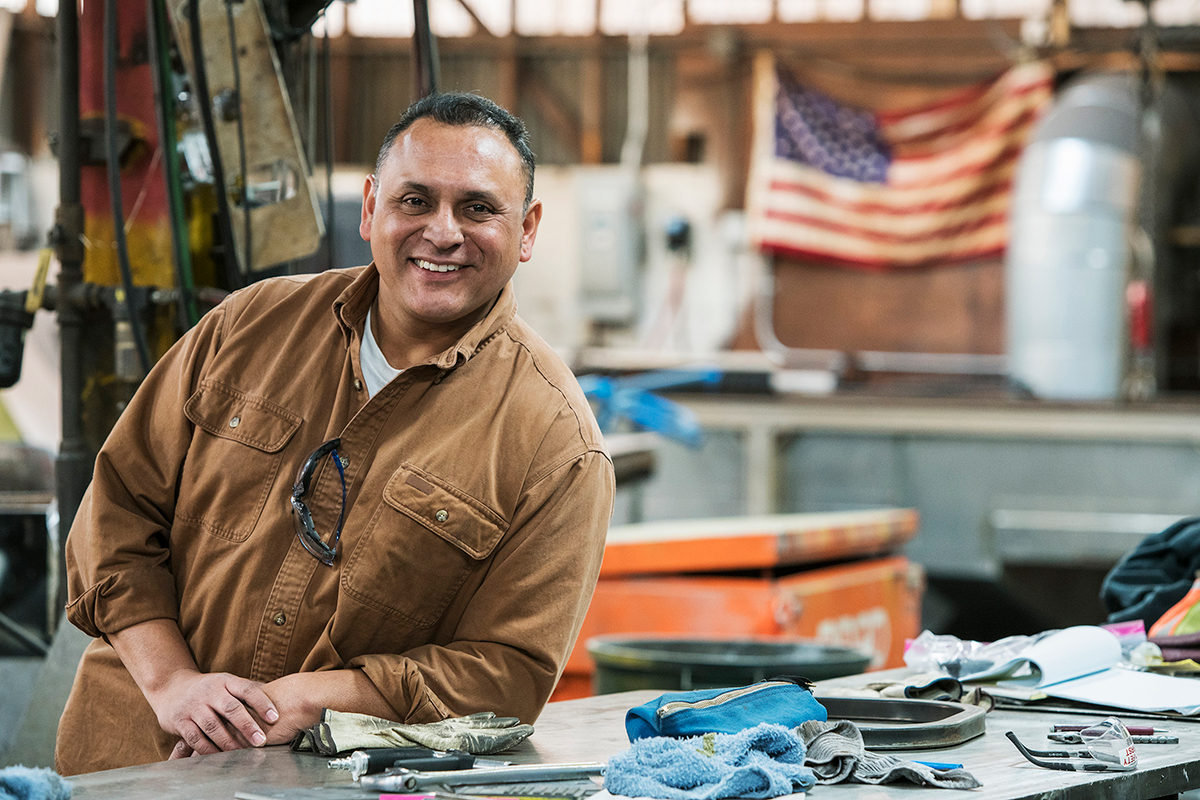
Every year, when I review the results of the Nevada State Bank Small Business Survey, I’m reminded that optimism is more than a gut feeling – it’s often a decision. Nevada’s small business owners made that decision with clarity.
The results of this year’s survey, conducted in January, tell a compelling story. Seventy-two percent of small business owners and executives said Nevada’s economy was headed in the right direction, which was the strongest signal of business confidence we’ve seen in years. Two-thirds expected growth in revenues and profits, and more than half planned to expand operations or hire in the coming year.
This wasn’t just posturing. These small businesses, which comprise over 95 percent of all establishments in Nevada, were actively investing, hiring, and scaling. They were stepping forward, not standing still. Their confidence reflected not only improving conditions, but an earned resilience from weathering years of pandemic-related disruption, inflation spikes, and labor shortages. This mindset is important as external forces evolve.
Since the survey was conducted, the broader economic narrative has shifted – not necessarily because of changes in the fundamentals, but because of rising speculation about what might come next.
Tariffs, for example, remain in the headlines. Universal tariffs on imports and premium levies on Chinese goods have created uncertainty and speculation. Businesses are adapting as they reconsider pricing and purchasing decisions. Tariff threats and implementation have also been followed by temporary pauses, delays and expedited negotiations in selected regions around the world. Additionally, a far-reaching, “big beautiful” tax bill has provided reasons for optimism for some small businesses and potential hesitation for others.
Likewise, volatility in the stock market has become a daily drumbeat. But much of it during the drop, when looked at closely, seems to be driven not by cracks in the economy today, but by conjecture about future policy shifts, geopolitical flashpoints, or looming rate decisions. On the upside, speculation of renewed cooperation among countries has been a key driver lifting equities markets. In the meantime, core indicators such as job growth, consumer spending, and business investment remain relatively stable. There is a disconnect that’s fueling anxiety and optimism, but not necessarily reflecting reality.
This gap between perception and fundamentals is something Nevada’s small business owners are navigating in real time. While many express concern over rising input costs and workforce availability, they’re also demonstrating an enduring belief in their ability to adapt. They are not operating based on fear of what may happen; they’re operating based on what is happening now – and acting accordingly.
And that’s what makes this moment so instructive. In early 2025, business owners across the state were saying, “We’re ready to grow.” And as of mid-2025, most of them still are – even if the road ahead feels less certain.
Personally, I find this kind of quiet determination far more telling than any news cycle. These business owners don’t have their heads in the clouds. They’re simply experienced. They know how to take care of their customers and their employees. They’ve been through enough to know that waiting for absolute clarity is often the slowest way to move forward. Instead, they’re pressing on, adjusting where needed, and keeping one eye on opportunity even as the other watches policy developments.
So yes, the headlines may have grown louder. But in Nevada’s small business community, the fundamentals haven’t crumbled – and neither has the will to innovate.


